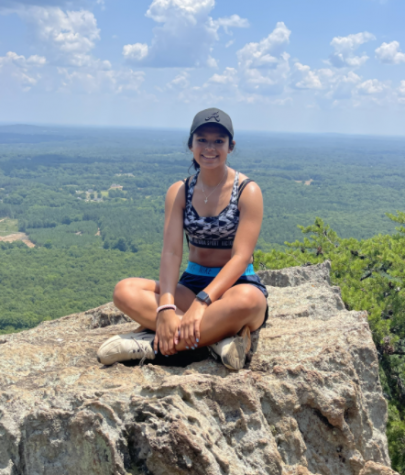What you need to know about the COVID vaccine

Army Medicine
March 29, 2021
The COVID vaccine is now on a roll as more people line up to receive it. The Centers for Disease Control and Prevention (CDC) came up with three phases to distribute the vaccine to people.
According to the CDC, those currently receiving vaccinations are part of phase two which includes older adults, teachers, restaurant workers, people with moderately high diseases like diabetes or heart disease, and the homeless.
“I felt lucky about being a part of the second group of people getting the vaccine. Being around so many people every day I just feel more comfortable and safe, especially going back home to family,” assistant principal Ernie Marcello said.
Phase one, which has been mostly completed, included healthcare workers and people of all ages with conditions that put them at a significantly higher risk of contracting the virus than others. Phase three of the COVID vaccine will include younger adults and children, 16 and up, as well.
“I feel like the phases that the CDC put out are very well thought out, being that healthcare workers and older aged people are more prone to getting terribly sick and how middle or younger aged people are less likely to be at a big risk,” senior Mishelle Aguilar Benitez said.
The vaccine may include side effects of swelling of the arm from the shot, headaches, muscle pain, chills, fever, or even nausea.
“I kind of did have a headache for the first round of the Covid shot, but now that I got my second round I felt nothing,” Marcello said.
Phase three has now started with many SV students being told by their employers that they can receive the vaccine.
“I work at O’Charley’s and they did mention to me that I could get it if I wanted to, but, personally, that scares me just because I don’t know what it would do to me,” junior Vanessa Saiz said.
According to the CDC, the number of people fully vaccinated in NC, as of March 23, is 1.47 million, which is 14.01 % of the population. 106 million people (1.37%) worldwide, including 45.5 million (13.87%) people in the US, have been vaccinated.
“I think the numbers of people getting vaccinated is growing at a good pace. I feel like we just need to be patient with everyone since it is a big decision on taking a newly made vaccine,” senior Justin Bouajram said.
The CDC advises that once people have had both doses of the Moderna or Pfizer vaccines or the one-dose Johnson and Johnson vaccine, they can gather in larger groups without masks, but only with people that have been fully vaccinated as well.
“Although I am scared about taking the vaccine, it would sound nice to be able to go back to normal and be with family without the masks or the social distancing,” Saiz said.
While the flu shot usually protects one from the most severe cases to the flu for about six months, experts are unsure how long the Covid vaccine will protect a person. However, they still recommend getting the vaccine for safer precautions.
“I haven’t really thought about how long the Covid vaccine will last. I think people right now are just worried about getting it first to be safe,” Bouajram said.
It has been more than a year since COVID-19 was declared a pandemic and shut down the world, but with the vaccine created and steadily being distributed, people are hopeful the world will return to normal.
“This vaccine will be very impactful on the world in the future. I think people will realize that it is the safest option for not only one person but the whole world to move forward,” Benetiz said.

